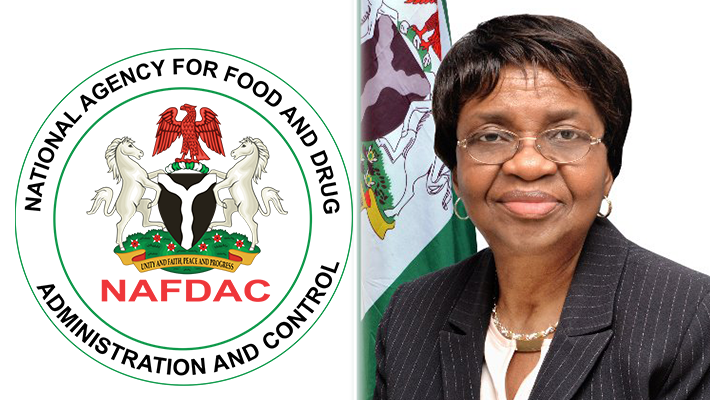NAFDAC Warns VeryDarkMan
Alleges Incitement at Onitsha Drug Market
Summary
- NAFDAC cautioned social media influencer VeryDarkMan (Martins Vincent Otse) for allegedly inciting traders to defy regulatory efforts at Onitsha Bridge Head Market.
- VDM accused the agency of demanding ₦700,000 per shop to unseal premises, claiming extortion and lack of transparency.
- NAFDAC defended its actions as lawful operations to combat counterfeit and substandard drugs.
- The controversy has sparked mixed public reactions, with some supporting VDM’s activism and others backing NAFDAC’s regulatory role.
Abuja, Nigeria — The National Agency for Food and Drug Administration and Control (NAFDAC) has issued a strong caution to controversial social media personality Martins Vincent Otse, popularly known as VeryDarkMan (VDM), following an incident at the Onitsha Bridge Head Market in Anambra State.
According to the agency, VDM incited traders to resist NAFDAC’s operations aimed at clamping down on counterfeit and substandard drugs. This, they said, undermines their regulatory mission and endangers public health. NAFDAC stressed that the sealed shops were part of a lawful operation and denied any wrongdoing in their enforcement procedures.
VDM, in a series of online posts, alleged that NAFDAC officials were extorting traders, claiming the agency demanded ₦700,000 per shop to reopen premises shut during the raid. He accused the agency of corruption and inefficiency, citing past grievances including the alleged misconduct of officials like Fredan Bitrus of the Post Marketing Surveillance unit.
Public reactions have been divided. While some civil society voices and netizens praised VDM’s boldness in exposing alleged regulatory abuses, others argued that his actions risked eroding trust in national institutions.
Prominent Nigerians, including Peter Obi and singer Davido, expressed support for VDM’s activism, calling for transparency and fairness. Meanwhile, critics labelled him a disruptive figure whose influence should be curbed.
The situation remains unresolved, reflecting ongoing friction between civic activism and state regulatory enforcement in Nigeria’s high-stakes pharmaceutical market.







